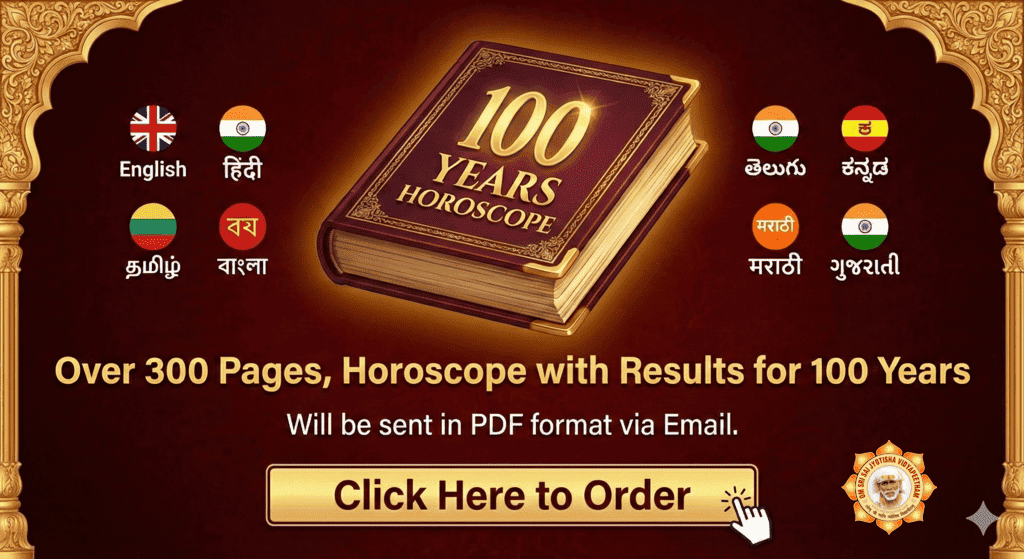Difference between Vedic And Western Astrology
Vedic Astrology and Western Astrology are two distinct systems of astrology that, while sharing some common elements, diverge significantly in their approach, techniques, and interpretations. This article explores the critical differences between these two astrological systems.
Origins and Philosophical Foundations
Vedic Astrology: Also known as Jyotish, Vedic Astrology has its roots in ancient Indian scriptures known as the Vedas, dating back over 5,000 years. It is closely intertwined with Hindu philosophy and spirituality, emphasizing the concept of karma and reincarnation.
Western Astrology: Originating in Babylon and later refined by the Greeks, Western Astrology is more psychologically oriented. It incorporates elements of Greek philosophy, notably the four elements (Earth, water, air, fire), and has evolved with influences from various Western philosophical and scientific movements.
Zodiac System
Sidereal Zodiac (Vedic): Vedic Astrology uses the Sidereal Zodiac, which aligns with the fixed constellations in the sky. It accounts for the precession of the equinoxes; thus, the astrological signs in this system differ from those in Western Astrology.
Tropical Zodiac (Western): Western Astrology employs the Tropical Zodiac based on the seasons and the Sun's apparent movement through the sky. It is aligned with the Earth's seasons, with Aries marking the beginning of spring in the northern hemisphere.
Planetary Influence
Vedic Planets: Vedic Astrology emphasizes the seven traditional planets (Sun, Moon, Mars, Mercury, Jupiter, Venus, Saturn) and includes the lunar nodes Rahu and Ketu, considered significant in determining life events and karmic cycles.
Western Planets: Western Astrology incorporates the traditional seven planets, including Uranus, Neptune, and Pluto. These outer planets are seen as generational influences, impacting more significant societal trends.
Chart Analysis
Vedic Chart: Vedic Astrology uses a square chart called the "Janma Kundali" or birth chart, dividing the sky into twelve houses based on the lunar mansions or 'Nakshatras'. It significantly emphasises the Moon sign and the Ascendant (Lagna).
Western Chart: Western Astrology uses a circular chart, focusing on the Sun sign and the Ascendant. The placement of planets in twelve houses is interpreted more psychologically, reflecting individual personality traits and life trends.
Predictive Techniques
Dasha Systems (Vedic): To predict life events, Vedic Astrology uses complex 'Dasha' systems, particularly the 'Vimshottari Dasha'. These systems calculate planetary periods that indicate when the influences of specific planets will be felt.
Transits (Western): Western Astrology primarily relies on transits, where current planetary movements are compared to their positions in the natal chart. These are interpreted as triggers for events or psychological states.
Conclusion
Vedic and Western Astrology offer rich, complex systems for understanding human life and the universe. While Vedic Astrology is intertwined with Indian culture and philosophy, focusing on karma and spiritual evolution, Western Astrology is more psychologically oriented and adapts to modern contexts and psychological understandings. Each system provides a unique lens through which to view the cosmos and our place.




 The Hindu Jyotish app helps you understand your life using Vedic astrology. It's like having a personal astrologer on your phone!
The Hindu Jyotish app helps you understand your life using Vedic astrology. It's like having a personal astrologer on your phone! Are you confused about the name of your newborn? Want to know which letters are good for the child? Here is a solution for you. Our website offers a unique free online service specifically for those who want to know about their newborn's astrological details, naming letters based on horoscope, doshas and remedies for the child. With this service, you will receive a detailed astrological report for your newborn.
This newborn Astrology service is available in
Are you confused about the name of your newborn? Want to know which letters are good for the child? Here is a solution for you. Our website offers a unique free online service specifically for those who want to know about their newborn's astrological details, naming letters based on horoscope, doshas and remedies for the child. With this service, you will receive a detailed astrological report for your newborn.
This newborn Astrology service is available in
